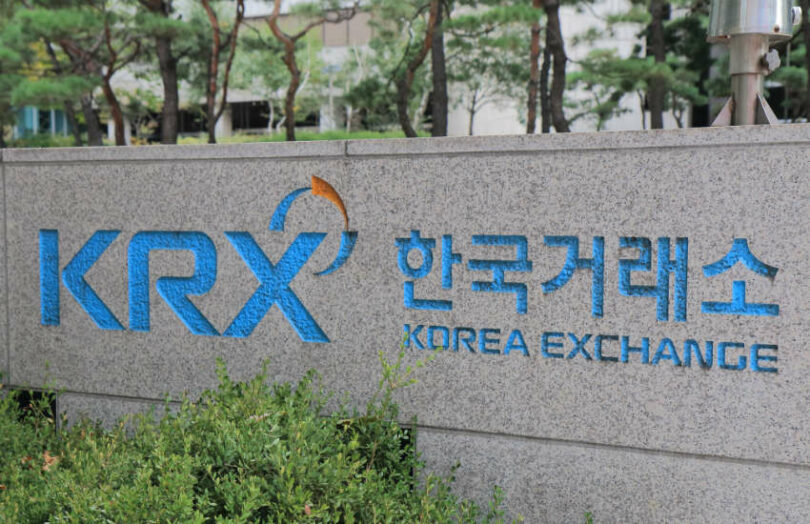Yesterday the Bank of Korea and Korea Exchange signed an agreement to collaborate in exploring DLT and central bank digital currency (CBDC) for carbon trading. Simulated trials will take place in the third and fourth quarters of 2024.
Both organizations already have related programs. The Korea Exchange is currently conducting simulated DLT experiments and plans to support listed security tokens next year. The central bank said this trial would form part of its CBDC usability tests.
Earlier this month the Bank of Korea announced wholesale CBDC trials, where the CBDC will act as a settlement asset for tokenized deposits. At the time it also mentioned the BIS Unified Ledger concept. This additionally includes tokenized assets – potentially including carbon credits – on the same infrastructure.
“The international community, including exchanges in major countries, is also expanding research on distributed ledger technology, and the Korea Exchange is also proactively responding to this international trend,” said Korea Exchange Chairman Byung-du Son. “Through this cooperation, we will lay the backbone of the financial market infrastructure.” Further details of the plans will be shared next month.
However, both the exchange and central bank emphasized this is just a test. It will not impact the functioning of current carbon credit markets. So no decision has been made to adopt DLT or introduce a CBDC.
“The CBDC usability test is conducted to check ways to build future infrastructure that will stably support the digital transformation of the economy, and cooperation with the Korea Exchange is meaningful in that it is the first step in this effort,” said Bank of Korea Governor Lee Chang-yong.
Meanwhile, several Korean securities firms are collaborating on efforts targeting tokenized securities. One of the initiatives includes KB Securities, Shinhan Investment & Securities and NH Investment & Securities.






